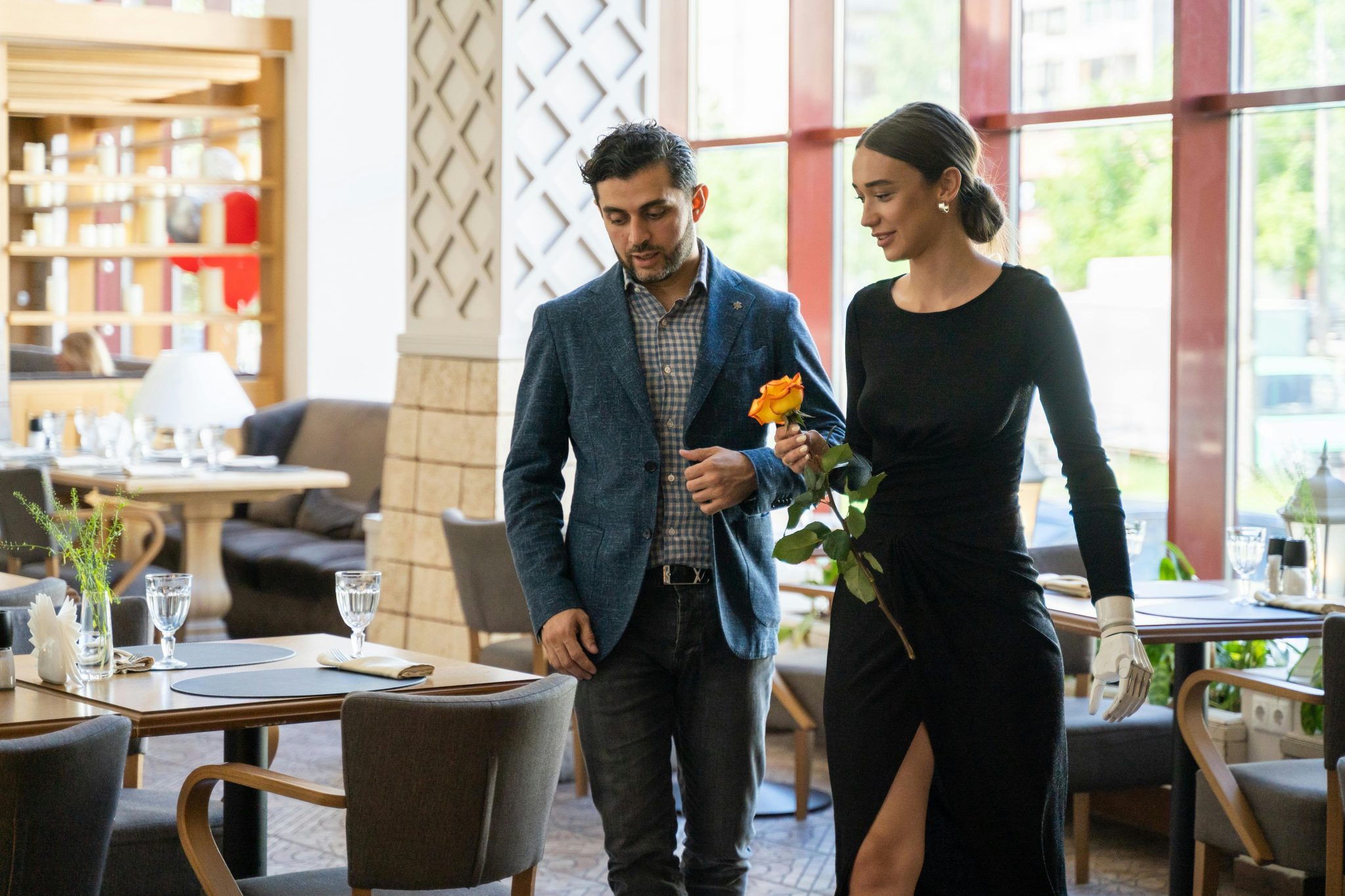Healthy relationships are the pillars of a fruitful life. It could be a partner, a family, or a best friend. Healthy relationships are built on the pillars of respect, trust, and support. Effort, patience, and time for individual growth as a couple is required to sustain it. Because of the hectic lifestyle these days, where an individual has personal ambitions, work, and friends, it just so happens that honoring relations takes a back seat. But by adhering to some simple guidelines, you can develop relations that are unbreakable and which will last a lifetime.
For new relationships, beginning right is also crucial. With technology, compatible individuals and new experiences are right at your fingertips. For example, if you are exploring online dating, you’ll find diverse options to connect with people who share your interests and values. Having healthy foundations first sets the foundation for long-lasting healthy relationships.
1. Communication Is the Cornerstone
Healthy, open, respectful, and clear communication is the basis of any relationship. Stating feelings, concerns, and everyday life encourages openness and prevents miscommunication. Active listening, another extremely effective device, is listening to your partner’s words, tone, and sentiments without interrupting.
Tip: Take a few minutes every day, even ten, on asking your partner about his or her day. Talking every day can create deep emotional intimacy.
2. Build Trust through Action
Trust doesn’t accrue overnight—trust is established through continuous behavior. Being reliable, following through, and maintaining boundaries are some of the most important ways trust is established. Something as ordinary as being on time or making a promise and keeping it makes a person feel safe and trustworthy in a relationship.
If trust is lost at all, then it may be regained on the basis of honesty, responsibility, and time. Blame and fault-finding should be avoided, and the relationship will ultimately be restored by being solution-oriented.
3. Respect Individuality

An equilibrium relationship is not about giving up your own identity. Both parties have to be able to have their own dreams, hobbies, and relationships without the relationship. Respecting each other as individuals encourages respect for each other and dissuades a culture of clinginess or smothering.
Mutual reinforcement of uniqueness also allows both partners to come back to the relationship with new ideas and energy, and thus the relationship remains new and in equilibrium.
4. Nurture Physical and Emotional Proximity
Physical and emotional closeness are required to remain close to each other. Emotional closeness entails sharing vulnerabilities, fears, and dreams, and physical closeness fosters bonds through touch, affection, and closeness.
Small acts of love—embracing, hand-holding, or just being together—take many words in making your partner feel your love and commitment. Gradually, they turn into the cement that binds the relationship together.
5. Practice Patience and Forgiveness
It is bound to happen that differences occur but the way in which they actually end up getting resolved either shatters or gives a new meaning to the relationship worth considering. Harmonizing the differences without converting it into nasty fights is a must. Forgiveness and patience enable the couple to think positively about the future and not regret the past wrongdoings.
Face challenge problems rather than avoiding them. Do not leave issues in limbo because unresolved issues have a tendency to rear their ugly heads some day in greater magnitudes.
6. Keep the Spark Alive
Relationships stay healthy where both are still putting in an effort. Surprise one another, do something new, or a surprise weekend trip will provide a spark. Even good relationships require conscientious attention to add it non-routine.
Date nights, hobbies, or liking to have a good time are wonderful ways to keep the passion alive and make one another happy.
7. Stand By One Another During Times of Strife
Life has its challenges, and having a buddy to hold onto makes it easier to ride through the bad times. Being present emotionally, being an active listener, and having backs when it is tough makes the relationship stronger.
Triumphant celebrations, no matter how trivial, are also supportive. Enjoyment sharing makes nice memories and encourages feelings of team membership.
8. Establish Healthy Boundaries
Boundaries infuse balance and respect for one another. Boundaries avoid misinterpretation and allow both partners to feel respected and safe in the relationship. Boundaries can be setting boundaries on personal space, internet anonymity, or time investment.
Openly sharing and respecting boundaries can avoid conflict and make both individuals safe in the relationship.
9. Practice Gratitude and Appreciation

Positive appreciation reinforces the belief that the partners are appreciated and valued. Grateful words such as “thank you” or showing appreciation for your partner’s effort put individuals into a good mood.
You don’t necessarily need to be showy indeed—cooking a dinner, a thank-you note on real stationery, or just sitting down and listening to your partner without distraction. Small, real acts are sure to make emotional connections more solid.
10. Grow Together
Healthy relationships are established when one grows up. Accepting changes, having a common goal, and striving for it together brings people together. Saving for the house, the world tour, or personal development, common goals provide direction and purpose to couples.
Through collective growth, the couples develop strength and resilience to a point that the relationship becomes resilient enough to withstand life’s inevitable changes.
Last Words
It takes work, respect, and genuine caring for each other, not perfection. On a platform of patience, trust, and communication, you can construct connections robust enough to navigate adversity and give lasting joy.
Whether you’re beginning new connections, or nurturing a long-term partnership, the same principles apply: prioritize respect, embrace individuality, and keep investing in your relationship. By doing so, you’ll not only maintain healthy bonds but also enrich your overall quality of life.





















